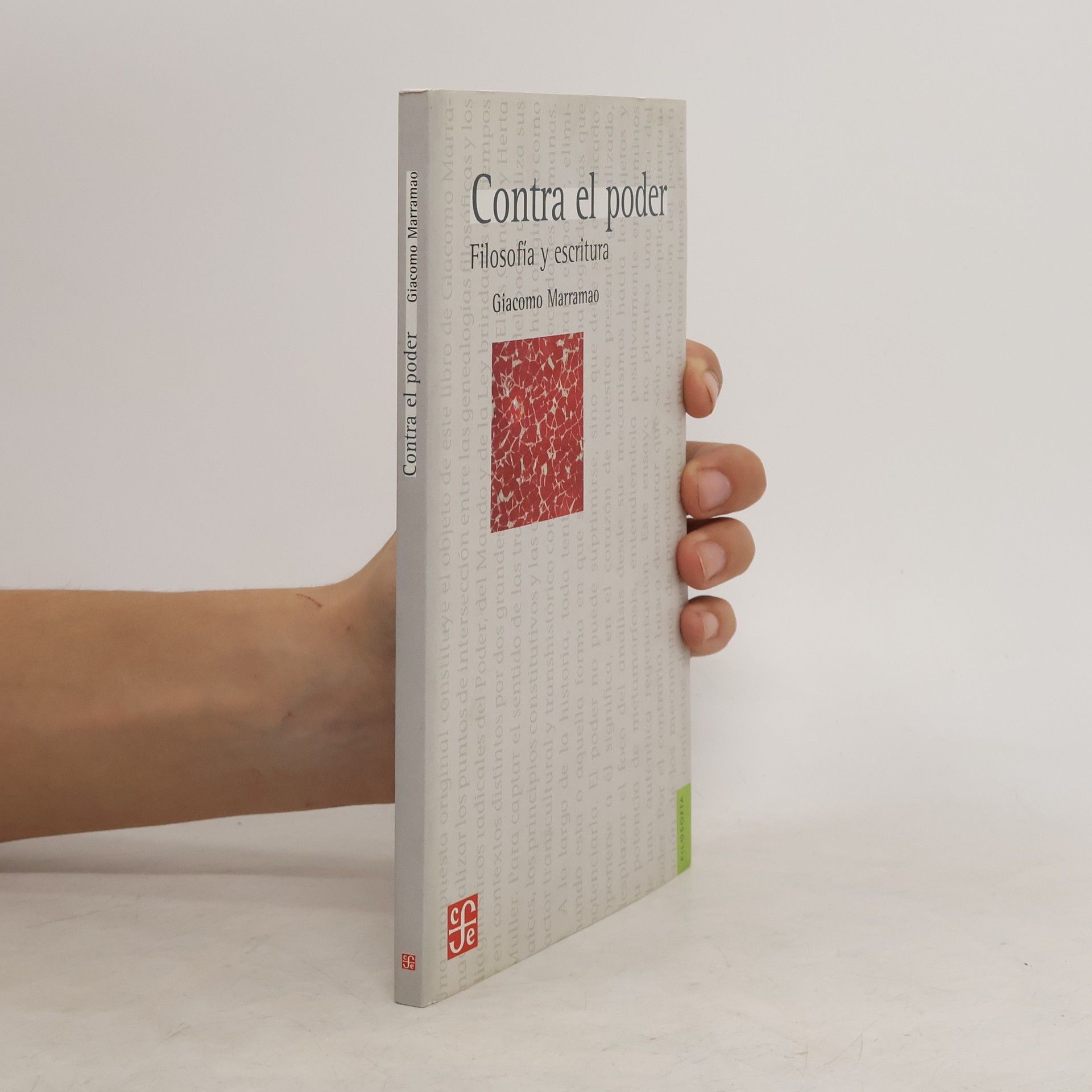Capital is a chameleon that assumes different guises while maintaining the same logic, exploiting crisis as an opportunity for regeneration. Yet each transformation opens a passage for radical conflict and new revolutionary theories and subjects. This is particularly true of the critical passage from the 1920s to the 1930s, which Giacomo Marramao presents as an incandescent laboratory of theoretical and practical transformations and fierce confrontations. Moving from Austro-Marxism to Frankfurt School Critical Theory, from Hilferding to Grossmann, and Max Weber to Carl Schmitt, The Bewitched World of Capital shows how 'the Political' was remade in the passage from free-market capitalism to mass society, throwing new light on forms of domination and conflict that also traverse our present.
Giacomo Marramao Book order (chronological)
Giacomo Marramao is a distinguished figure in political and theoretical philosophy. He holds a professorship at the University of Rome III and also serves as the Director of the Fondazione Basso.




Contra el poder
- 112 pages
- 4 hours of reading
In his latest book in the study of power, Giacomo Marramao focuses on the work of two great Central European writers, Elias Canetti and Herta Muller, each of whom, in different periods and contexts, offered a philosophical genealogy of forms of domination and a radical diagnosis of power, command and law. To grasp the meaning of the transformations of power, it is necessary to go to the roots: to the arch that originated it as a factor common to all human cultures and all historical periods. Power cannot be suppressed: any attempt to overcome it (by eliminating one or another form of its exercise) has done no more than strengthen it. Power must, however, be uprooted or subverted in its logic of identity, which is activated in the boundless character of desire and the paranoid scene of fear and the death of the Other. In the midst of today s global world, to trace a line of opposition to power means to free ourselves from the alibi of objectivity and to focus instead on subjects and their potential for metamorphosis/regeneration. This is possible only if we detach ourselves from the ground noise of actuality and recover the broken thread of solitary and extreme works."
Die Säkularisierung der westlichen Welt
- 173 pages
- 7 hours of reading